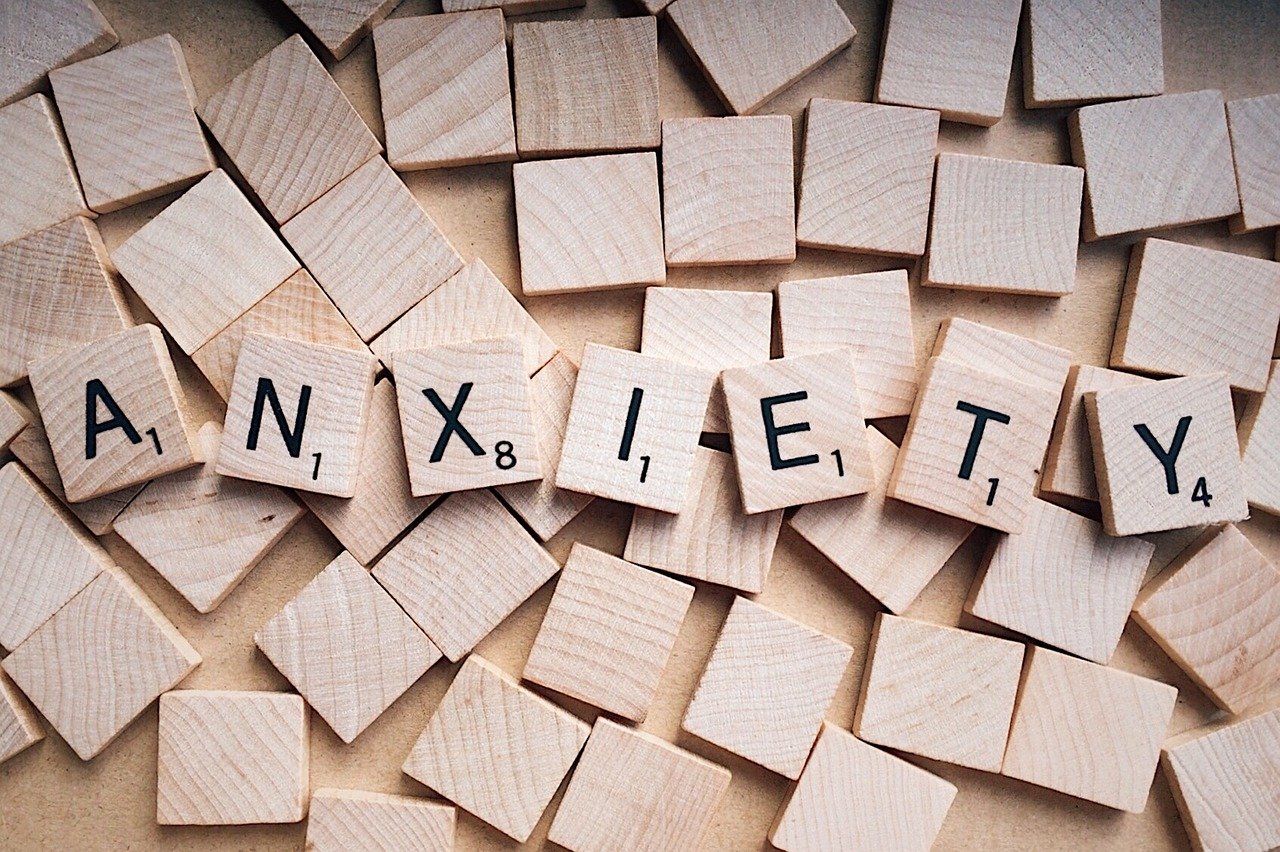Social Anxiety Disorder
Social Anxiety Disorder
Social Anxiety Disorder (or social phobia) is a form of social anxiety disorder or fear of social interaction and is one of the most common and often debilitating forms of anxiety disorders in the United States, affecting approximately 5% of our total population. Extensive research has shown that cognitive behavioural therapy (CBT) is an effective treatment for people suffering from both social anxiety disorders and social phobias. Social anxiety disorder, formerly known as social phobia, is a much more common problem than previous estimates would have us believe, according to a recent study.

People with social anxiety disorder can also be diagnosed with panic disorder or agoraphobia, but these are separate. There are several types of anxiety disorders, including generalized anxiety disorder (GAD) and generalized panic disorder (GMD), as well as social phobias. People with a social anxiety disorder may also have developed other mental illnesses such as depression, obsessive compulsive disorder or post-traumatic stress disorder.
Social Phobia
SOCIAL PHOBIA, also known as social anxiety disorder, is characterized by the fear of being observed or judged by others, and is also known as social phobia. A person with social phobia says or does something that embarrasses him, humiliates him or makes others realize that they are afraid. Just because you get nervous occasionally in social situations does not mean you have a “social anxiety disorder” or social phobia, but if you have a panic attack, if you expect a dreaded social situation (e.g., a speech), then you can be considered a social anxiety disorder. They fear being questioned and judged by themselves and others for this.
The stress of these situations can be too much for people with clinical anxiety, including people with social anxiety disorders, and knowing that you can help someone in your care find treatment to reduce the stress and symptoms. Social anxiety disorders involve the fear of being judged as less scary scenarios in other situations. Many people without social anxiety also suffer from generalized anxiety disorder, such as panic disorder or panic attack.
If you suffer from a social anxiety disorder, please follow the links below to use our free and confidential review.
The Anxiety and Depression Association of America declares that social anxiety disorder, also known as social phobia, is a disorder in which social services or situations are negatively judged, evaluated, rejected or rejected. Social anxiety disorders (also known as “social phobias”) are a type of anxiety and disorder characterized by fear of social interaction, such as humiliation, embarrassment, and embarrassment during social interaction.
A person with social anxiety disorder has a considerable discomfort with being close to others, especially those they look up to or look down on during social interactions. The most common symptom of social anxiety disorder is that they are concerned about their ability to be negatively judged or judged based on their social performance and situations, as well as their self-esteem.
Social anxiety disorders typically begin in adolescence and can be triggered by social situations such as a public speech or an important work presentation. If social nervousness is caused and begins to disrupt your daily routine, you may have behaved in a way that could cause social anxiety.
A person with a social anxiety disorder must do everything necessary to overcome the disorder and be docile. Lifestyle changes alone are not the only solution to overcome social phobias or anxiety disorders. Some lifestyle changes are necessary to overcome a disorder, but they cannot support the overall progress of treatment.
With a social anxiety disorder, the crippling fear of a social situation can grow into a fear of all social encounters and general fear. You can work with a non-judgmental professional who understands the complexity of social anxiety disorders when receiving treatment for social anxiety. With a social anxiety disorder: It is possible that your crippling fears of one of these social situations will turn into fears about everyone. We can also learn more about how others with social anxiety disorders have overcome fears of social scenarios and how they can overcome their social phobias and anxiety disorders.
In most social environments, it is feared that an individual may develop generalized fears in response to the presence of other people in his social environment. With a specific social anxiety disorder, people are encouraged to engage in social situations in which they are likely to experience heightened anxiety, including public places such as restaurants, bars, theatres, schools and other public spaces, as well as private places.
But with a social anxiety disorder: in general, a crippling fear of a social situation can lead to a fear of all social encounters and general fear in most social environments. And generalizing a disorder of social anxiety, the paralyzing fears of one social situation can also lead to a paralyzing fear for all public places and to general fear.


Recent Comments